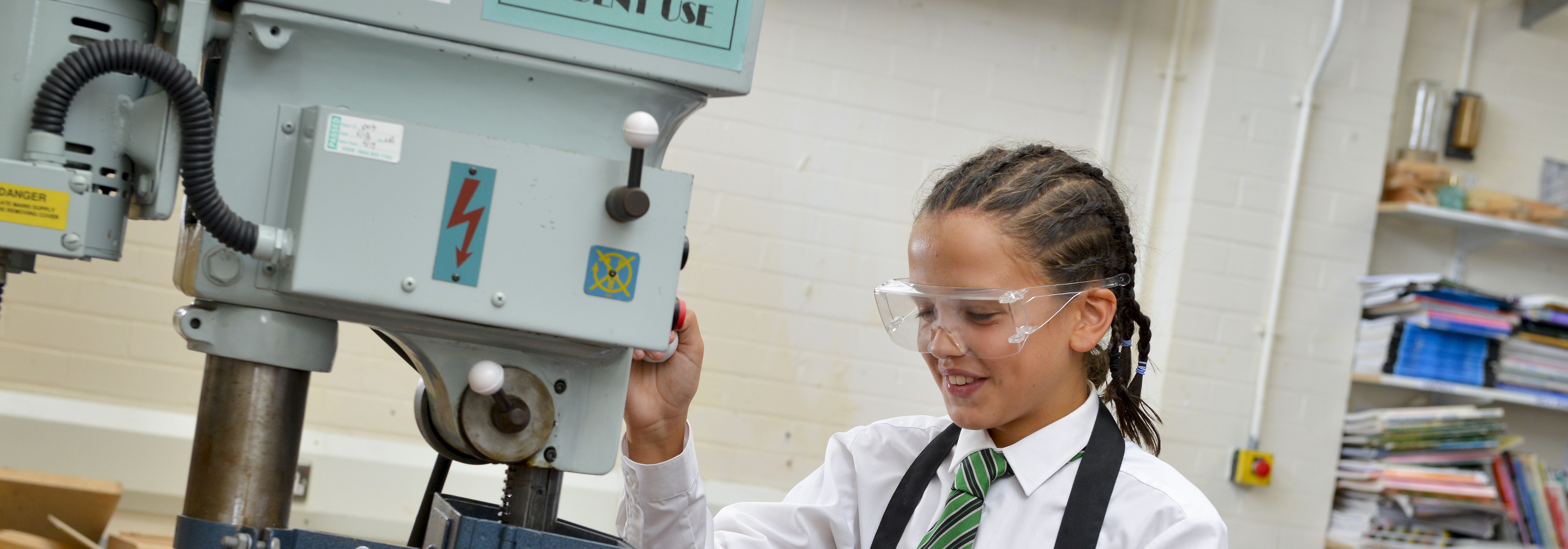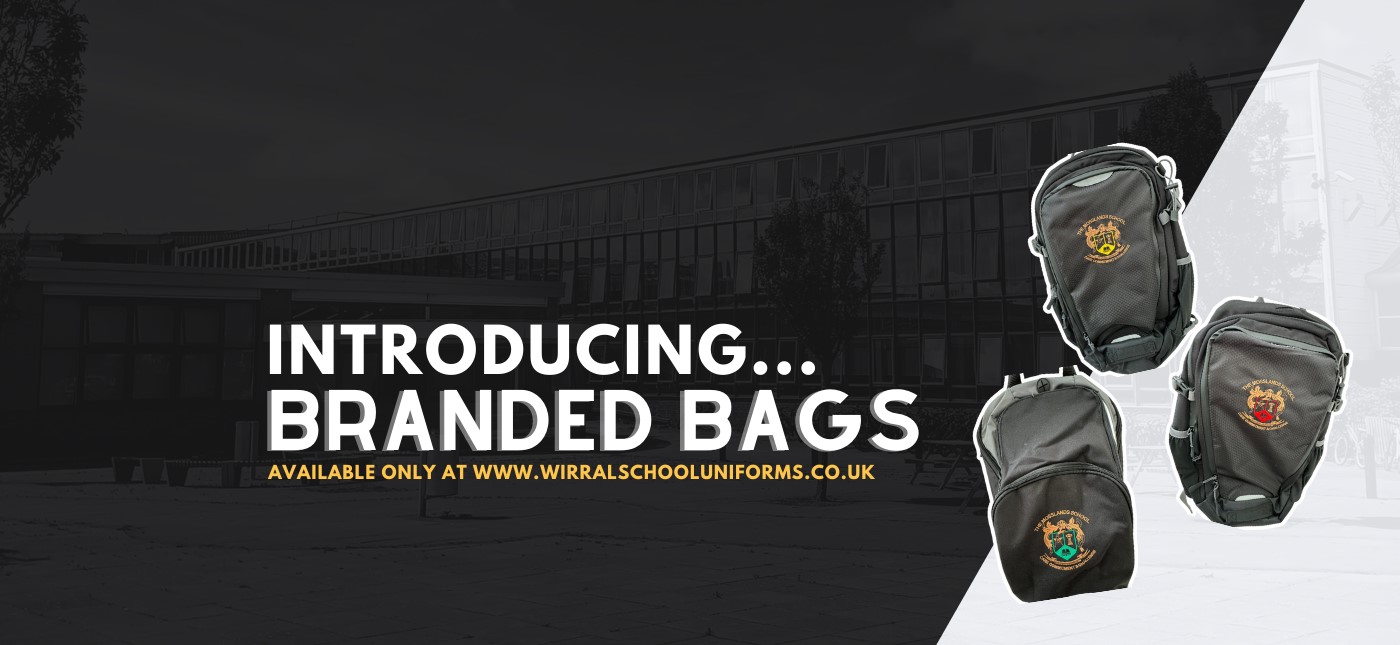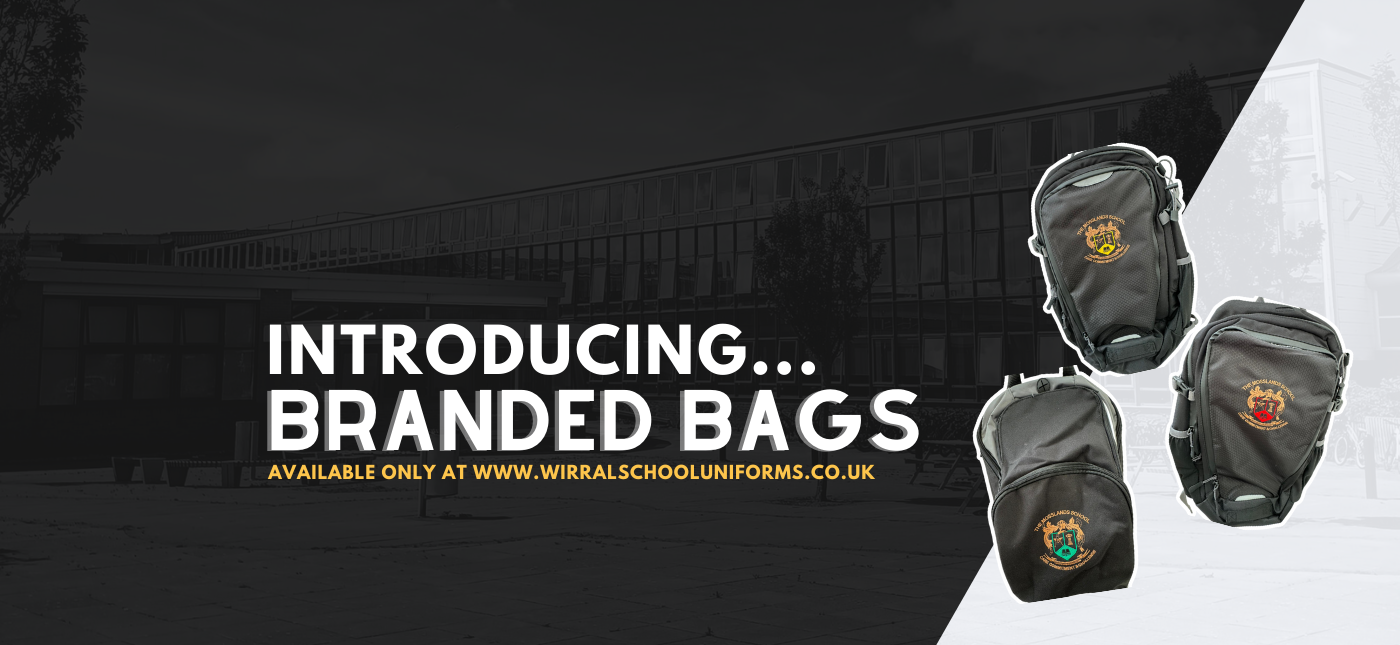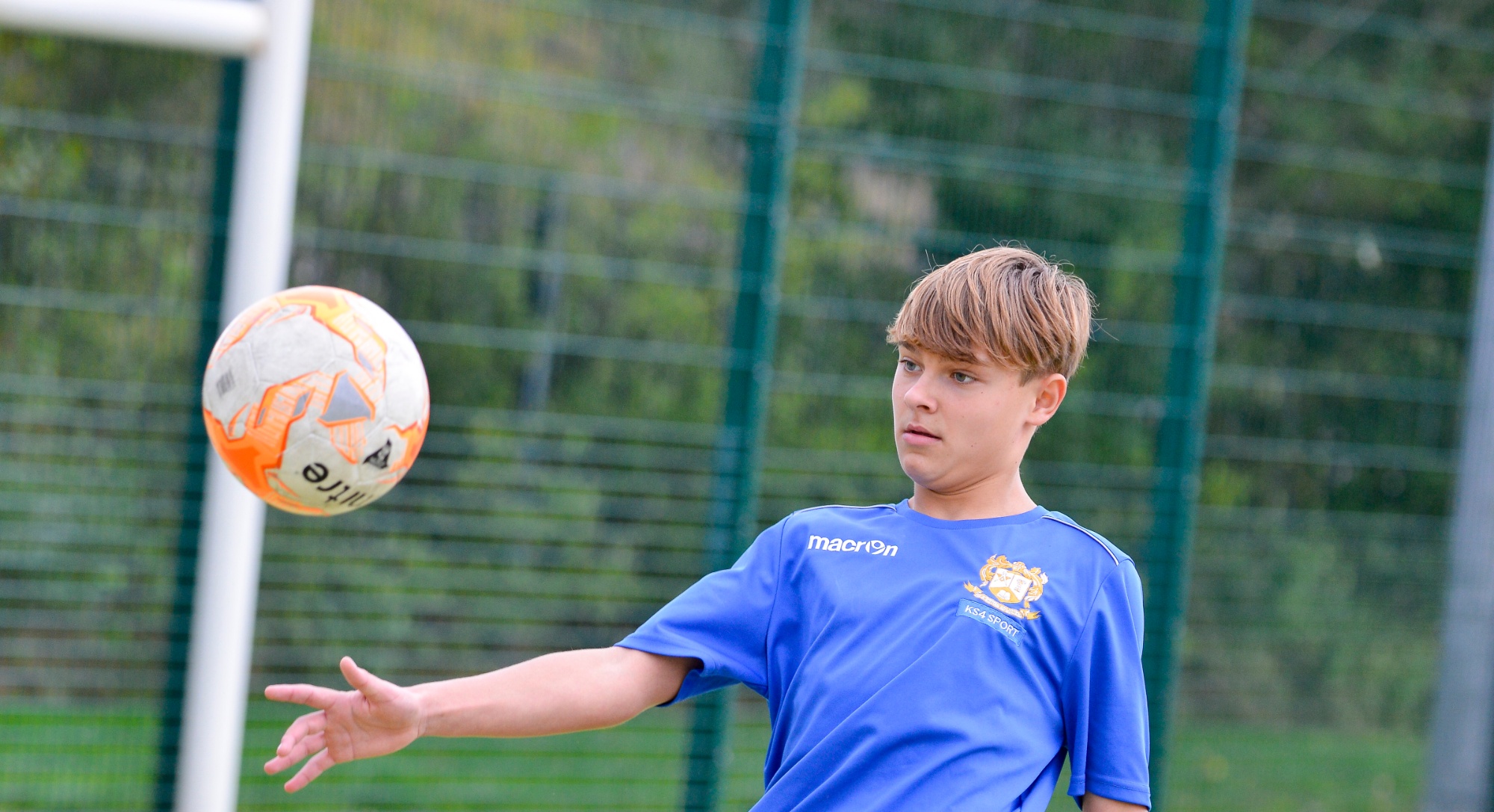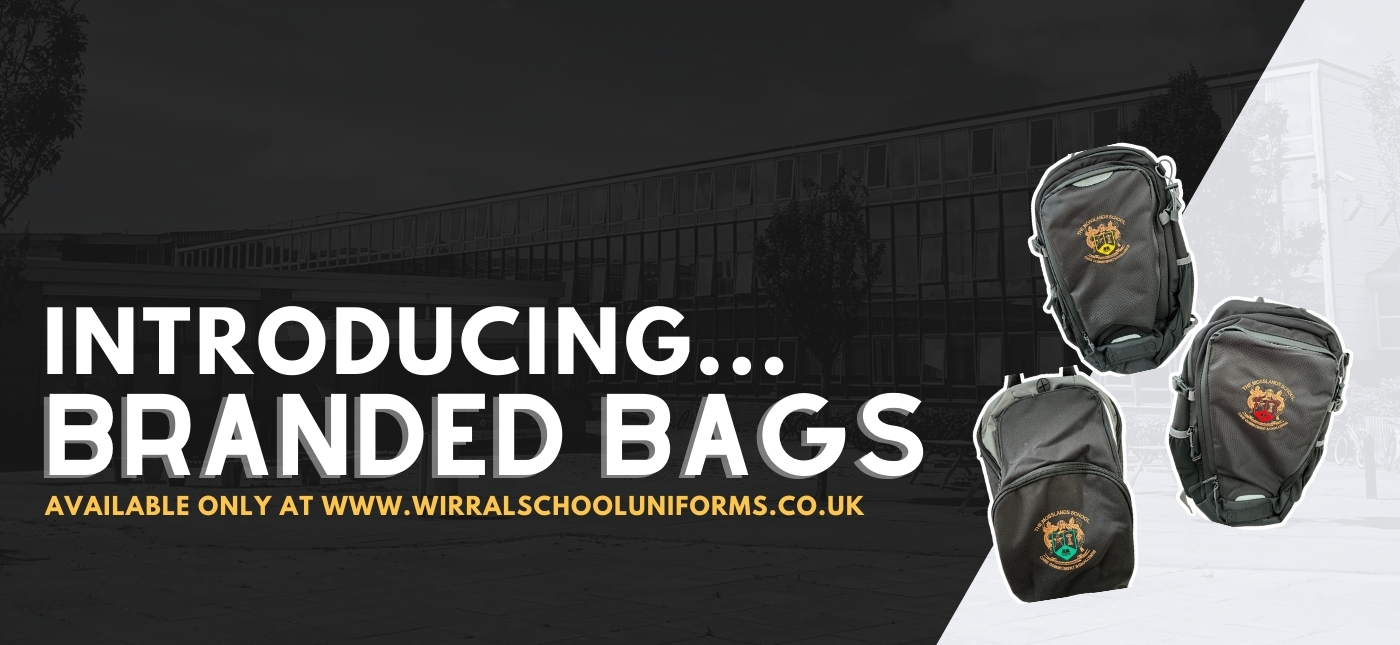Type & Frequency of Feedback
Key Stage 3 |
Key Stage 4 |
Key Stage 5 |
| Verbal feedback is recognised as having the greatest impact on student progress and will be at the core of our everyday teaching. Within lessons, mini whiteboards are routinely used to monitor progress in lessons and allow for early intervention to clarify misconceptions where needed. Within lessons there is an expectation that students will self/peer assess their work as solutions are shared. Meaningful and personalised homework will be set each week, via spar (an online platform). This allows students to practice the skills they are currently being taught as well as build in retrieval practice. Detailed teacher feedback is expected at least once per half-term (this will centre around end of block assessments). Feedback will be given to students so they can easily identify their areas of strength and areas for development. In books there will be a record of all end of unit assessments. Summative assessments (as per the assessment calendar for each year group) will be completed and teachers marked. Individual areas for improvement are specified using Question Level Analysis (QLA) and subsequent lessons are planned in accordance with assessment outcomes. |
Verbal feedback is recognised as having the greatest impact on student progress and will be at the core of our everyday teaching. Within lessons, mini whiteboards are routinely used to monitor progress in lessons and allow for early intervention to clarify misconceptions where needed. Within lessons there is an expectation that students will self/peer assess their work as solutions are shared. Meaningful and personalised homework will be set each week, via Sparx (an online platform). This allows students to practice the skills they are currently being taught as well as build in retrieval practice. In Year 11, past papers will also be used for revision. Detailed teacher feedback is expected at least once per half-term (this will centre around end of block assessments). Feedback will be given back to students so they can easily identify their areas of strength and areas for development. In books there will be a record of all end of unit assessments. Summative assessments (as per the assessment calendar for each year group) will be completed and teacher marked. Individual areas for improvement are specified using Question Level Analysis (ALQ) and subsequent lessons are planned in accordance with assessment outcomes. Students will be provided with a Maths Learning Profile which supports further progress. |
Verbal feedback is recognised as having the greatest impact on student progress and will be at the core of our everyday teaching. Within lessons, mini whiteboards are routinely used to monitor progress in lessons and allow for early intervention to clarify misconceptions where needed. Within lessons and for homework set from text books/active learning, there is an expectation that students will self-mark their work using the answers provided on the back of the textbook. At the end of each chapter of work, a 'chapter check' will be set in lesson assessing exam questions based on that chapter they will be printed and teacher marked. Year 12 and 13 - Mock papers will be completed throughout the year. For these papers, Question Level Analysis (QLA) will be given to students and specific feedback will be given (either in class, for homework or during the lunchtime support sessions) for students to work on areas for improvement and the focus being on guiding the students to become better mathematicians. Detailed teacher feedback is expected at least once per half-term. Feedback will be given back to students so they can easily identify their areas of strength and development. In year 13 past papers will be set as part of a focused revision plan to help students become more fluent as they prepare for their terminal examinations. These will be marked using a combination of teacher and self assessment. In both cases, it should be clear what the students need to do to improve. |








